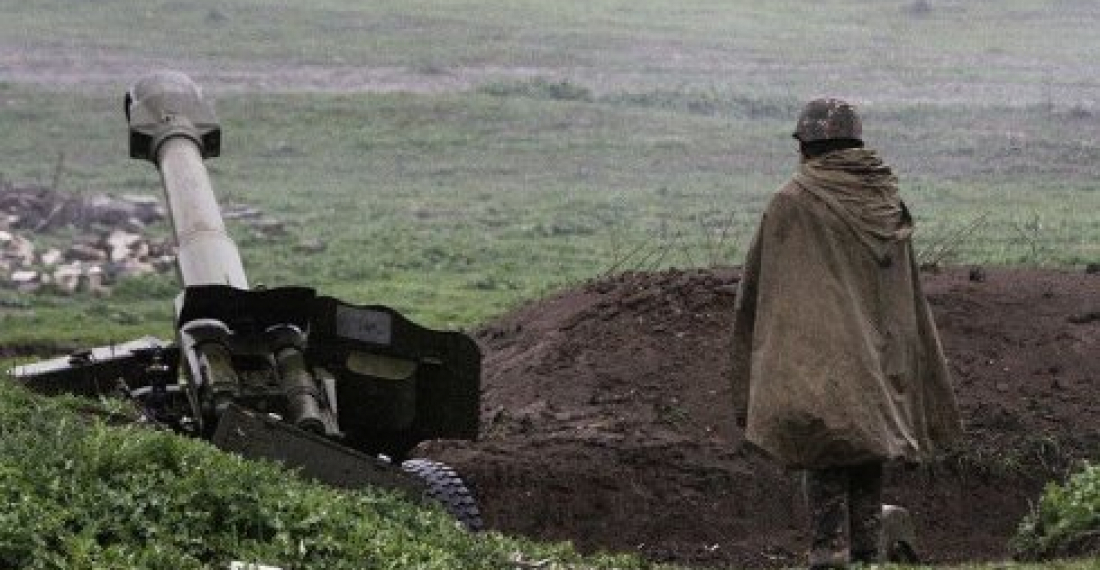Vache Chilingaryan, a 19 year old Armenian soldier, on Sunday (7 January) became the first victim of the Karabakh conflict in 2018.
According to the Chief of the General Staff of the Armed Forces of Armenia, Movses Hakobyan, the young soldier was killed by an Azerbaijani sniper on the line of contact in the Nagorno-Karabakh conflict zone. He said that the shooting was unprovoked.
Azerbaijani media confirmed the killing, saying that the Azerbaijani forces were responding to shooting from the Armenian side.
Both sides report daily violations of the cease fire. However in the last few months the situation was overall calm, and there was hope that the fact the two countries have now somehow re-engaged in negotiations on trying to resolve the conflict was positively impacting the situation on the ground. It seems that hope was premature.
The pointless killing of Vache Chilingiryan reminds us that the Karabakh time bomb refuses to stop ticking. How many more young Armenian and Azerbaijani soldiers, not to mention civilians and others, will be killed this year in this senseless conflict?
For Vache Chilingirian it is already too late, but if the list of those killed in 2018 is not to be a long one the two sides in the Karabakh conflict need to get their act together with speed, and defuse this time bomb that threatens the life of many, as well as the fragile peace in the Caucasus region.
source: commonspace.eu







